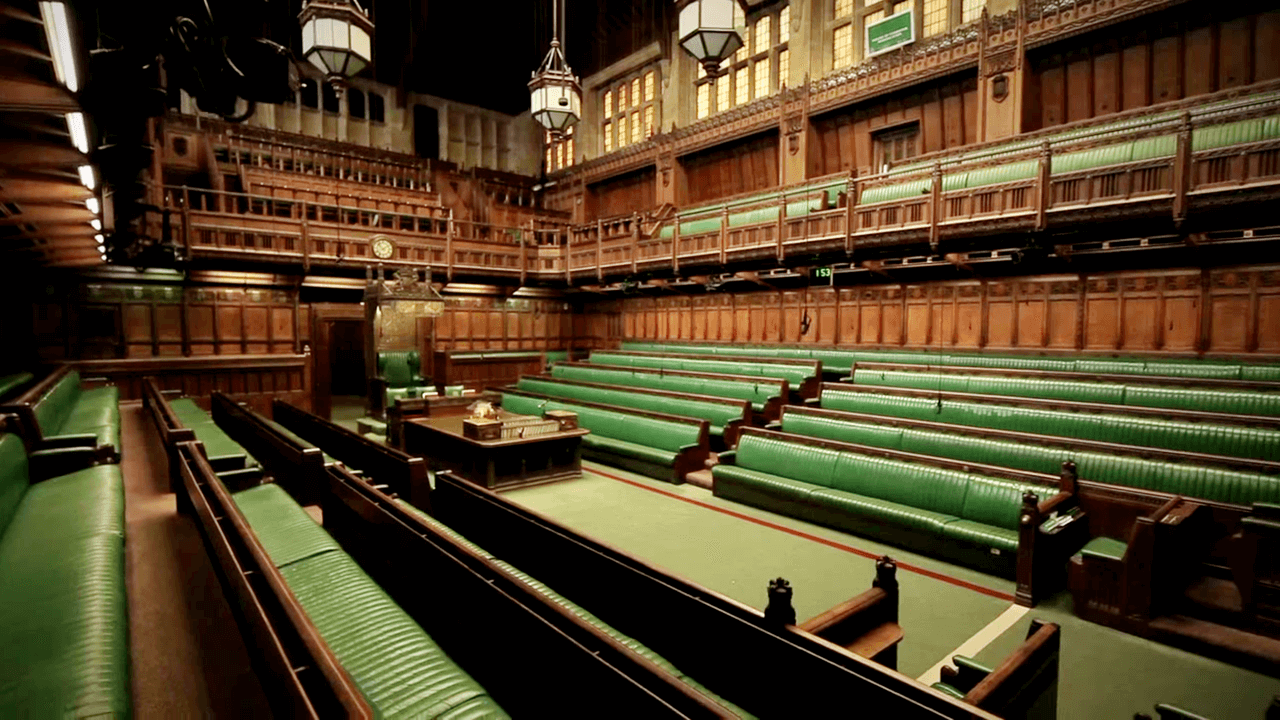Today, the Digital, Culture, Media and Sport Committee published its report on surging online harms during the pandemic and urged the government to publish a draft copy of the promised Online Harms Bill by the autumn after suggestions the Bill might not be in force until 2024.
The group’s chairman told BBC tech firms could not be left to self-regulate.
“We still haven’t seen correct legislative architecture put in place, and we are still relying on social media companies’ consciences,” said Julian Knight MP.
“This just is not good enough. Our legislation is not in any way fit for purpose, and we’re still waiting. What I’ve seen so far has just been quite a lot of delay.”
The Online Harms Bill was unveiled last year amid a flurry of political action after the story of 14-year-old Molly Russell, who killed herself after viewing online images of self-harm, came to light. It is seen as a potential tool to hold websites accountable if they fail to tackle harmful content online – but is still in the proposal, or “White Paper” stage.
The government originally put forward the idea of online regulation in 2017, following it with the White Paper 18 months later, and a full response is now not due until the end of this year.
“Whilst not a silver bullet in addressing harmful content, this legislation is expected to give a new online harms regulator the power to investigate and sanction tech companies. Even so, legislation has been delayed. As yet, the Government has not produced the final response to its consultation (which closed over a year ago), voluntary interim codes of practice, or a media literacy strategy,” states the report.
“We call on the Government to make a final decision now on the online harms regulator to begin laying the groundwork for legislation to come into effect.”
Speaking to the BBC’s Today programme, Lord Puttnam, Chair of the Lords Democracy and Digital Committee, said:
“Here’s a bill that the Government paraded as being very important – and it is – which they’ve managed to lose somehow.”
Lord Puttnam said a potential 2024 date for it to come into effect would be
“seven years from conception – in the technology world that’s two lifetimes”.
The DCMS committee report said it was concerned that the delayed legislation would not address the harms caused by misinformation and disinformation spread about fake coronavirus cures, 5G technology and other conspiracy theories related to the pandemic.
It also claimed social media firms’ advertising-focused business models had encouraged the spread of misinformation and allowed “bad actors” to make money from emotional content, regardless of the truth.
“As a result the public is reliant on the good will of tech companies or the ‘bad press’ they attract to compel them to act,” the report said.
The report also criticised the government for setting up its own Counter Disinformation Unit in March. It suggested this was late, since fake news about coronavirus had begun spreading online in January, adding that in any case the unit had largely duplicated the work of other organisations.
Speaking to the BBC, Mr Knight MP said the major players – Facebook, Twitter and Google owner YouTube – now had to be dragged “kicking and screaming” to do more to regulate their platforms.
“We need social media companies to actually be ahead of the game and we need government as well to be very clear to them,” he added.
“This is not a freedom of speech issue. This is a public health issue.”
The Government has two months to respond to the Committee’s report.

